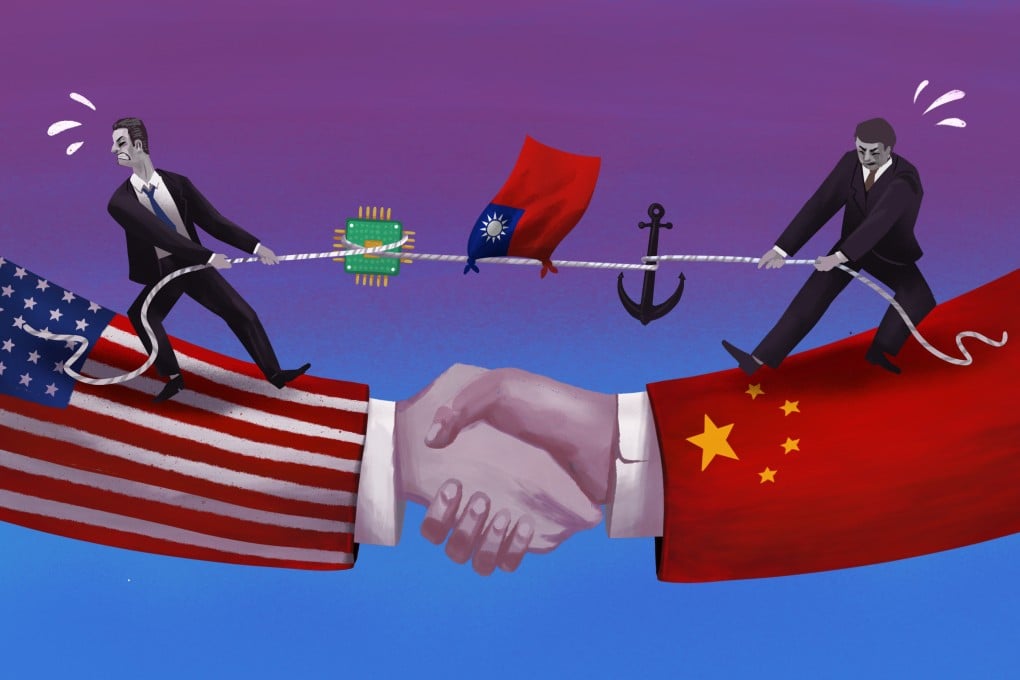Advertisement
Can warmer ties overcome the deepening divide in US-China relations?
- Chinese envoy Xie Feng’s strong start in Washington and more senior meetings between the two sides are good signs
- But analysts doubt the relationship can return to its former footing, with increasing disputes on a range of issues
Reading Time:7 minutes
Why you can trust SCMP
74

Talks between senior Chinese and US officials in recent weeks have given hope that tension between the world’s two great powers could be easing. In the second of a three-part series on China-US relations, Orange Wang looks at how new and deepening challenges are clouding the future of those ties.
China’s new envoy to the US Xie Feng arrived in Washington at a critical moment, with bilateral ties at what many deem to be at their lowest point in five decades.
Since taking up his post – just days after it was announced near the end of May – the veteran diplomat has made it his mission to rebuild US-China exchanges and cooperation.
Advertisement
Within two weeks, Xie met undersecretary of state Victoria Nuland and US Treasury undersecretary Jay Shambaugh. He also headed to Connecticut to celebrate elder statesman Henry Kissinger’s 100th birthday.
There are other signs that ties between the two countries are starting to warm, with some meetings of senior officials also taking place.
Advertisement
Even so, analysts say, it will still be difficult to manage US-China ties through more engagement. They say Beijing and Washington remain increasingly in dispute as old challenges – such as Taiwan and the South China Sea – deepen and new ones, including technology competition, emerge.
Advertisement
Select Voice
Select Speed
1.00x